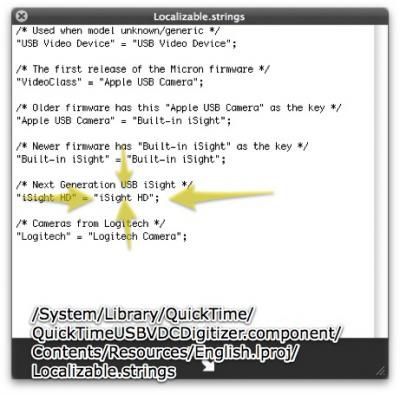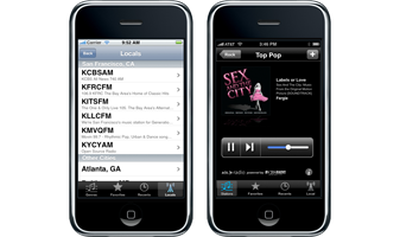It seems there's a lot of confusion about iPhone 3G upgrades and activation. Here's what is known at the moment to try to clarify the confusion. All of this applies to the U.S. and AT&T only.
The iPhone 3G is a subsidized mobile phone, which means that AT&T is paying ~$200 to discount the phone down to its final price. $199 for 8GB or $299 for 16GB. The reason AT&T is subsidizing the phone is because they expect to make more than $200 over the lifetime of a 2 year contract. For the iPhone 3G, the contract includes $30/month for 3G data, and at least $39/month for the low end voice contract.
If you currently own:1st Generation iPhone
If you bought it on or after May 27th, you are eligible to receive a free upgrade to the iPhone 3G when it launches. You will also get a refund for the difference in the price.
If you bought it before May 27th, you may buy a new iPhone for $199 (8GB) or $299 (16GB) but will have to sign a new two year contract starting on the day you buy the new iPhone. This cancels and replaces your existing AT&T iPhone contract.
AT&T Mobile Phone (not iPhone)
AT&T generally allows individuals to take advantage of a subsidized phone once every 2 years. A new memo clarifies this point. If you are an AT&T customer, you must either have completed a 24 month contract or meet these requirements to be able to purchase the iPhone 3G for $199/$299 prices:
#1. Customer has had a standard calling plan plus data services costing at least $68.99 a month but no more than $98.99 a month, and who has been in contract (and not had a phone upgrade) for 21 months or more,
or
#2. Customer has had a standard calling plan plus data services costing $99 a month or more, and who has been in contract (and not upgraded) in the last 12 months.
or
#3. A customer with a calling plan and data services of less than $69 who is 21 to 23 months into contract may upgrade for a fee and a commitment of an additional two-year service contract extension.
No upgrade fee is assessed for any customers who are on a month-to-month agreement.
If you are not eligible, AT&T expects to announce the higher unsubsidized iPhone 3G price in the future. This price can be expected to be about $200 higher.
Alternatively, you can cancel your existing mobile phone contract and pay the $175 early termination fee, you will probably then be eligible for the $199/$299 iPhone 3G.
Non AT&T Mobile Phone
If you are under contract with another mobile phone provider, you may be subject to an early termination fee if you cancel your contract prematurely. You will need to contact your provider for those details, but you will be able to get the iPhone 3G from AT&T at the $199/$299 prices. If you would like to transfer your current mobile phone number to the iPhone 3G, you should not cancel your current service. Instead, you should initiate the phone number transfer from AT&T when you buy the iPhone 3G.
What If...
What if I want to buy an iPhone 3G and not use it on AT&T?
There are a number of issues regarding this. First, the iPhone 3G firmware has not been unlocked, despite reports. The final iPhone 3G firmware is said to be different than the current 2.0 betas. So, you may not be able to unlock it at all.
If you are able to unlock it, you won't be able to use the iPhone 3G on any other carrier in the U.S. T-Mobile doesn't support the same 3G network that the iPhone uses. So while you might be able to make phone calls on T-Mobile, you won't be able to use 3G data.
If you must have an iPhone 3G outside of an AT&T contract, here are the steps. Buy an iPhone at $199/$299. Wait 30 days. Pay one month of service. Cancel your account. Pay $175 early termination fee. There, you have an iPhone 3G without AT&T contract. If you cancel your account before one month of service, you will have to return the iPhone to AT&T.




















